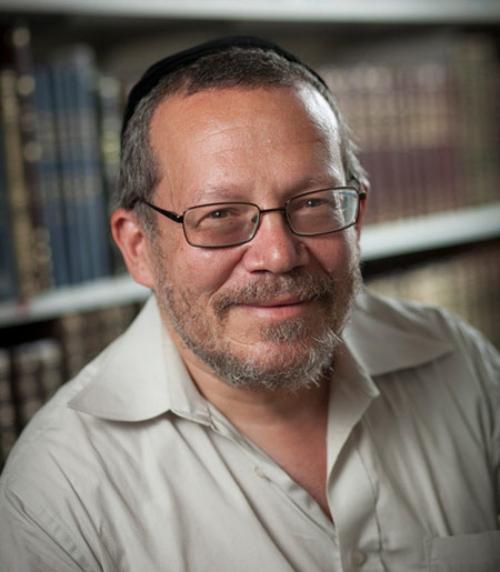

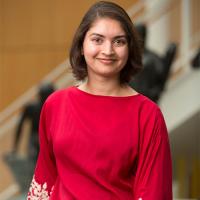
Anjum Malik: 'Venture into the vast unknown'
Anjum Malik
Anthropology & Archaeology
Islamabad, Pakistan
What is your main Cornell extracurricular activity -- why is it important to you?
Hazel Guardado: 'Anthropology has made me even more curious about the world'
Hazel Guardado
Anthropology
Miami, FL
What accomplishments/activities are you most proud of while at Cornell?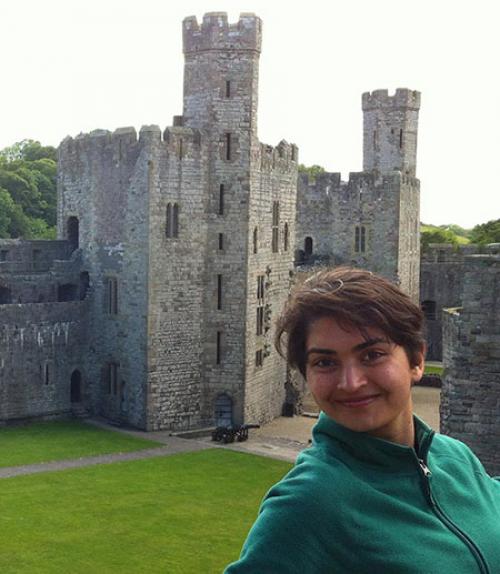
Undergrad researches the desecration of cultures
Anjum Malik ’16 used her undergraduate research award to explore the reasons for the destruction of museums and heritage sites in Iraq and Syria.

Hidden Cornell treasures to be digitized
Some hidden Cornell treasures soon will be available to scholars around the world, thanks to the Cornell University Library and the College of Arts and Sciences’ Grants Program for Digital Collections, which this year awarded four grants.
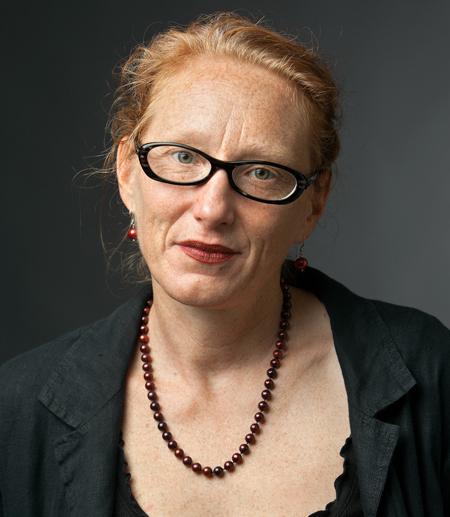
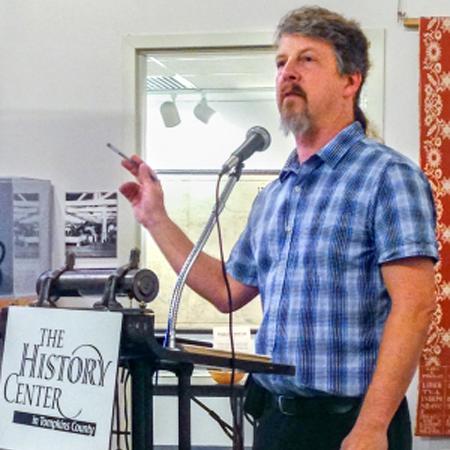
Local Native Indian history buried in obscurity
Ithaca is dotted with buried Native American sites, according to Kurt Jordan, associate professor of anthropology in the College of Arts & Sciences, who also has an appointment with theAmerican Indian Program in the College of Agriculture and Life Sciences.Yet these sites are incredibly difficult to comprehend because centuries of residential and commercial development has altered the landscape.
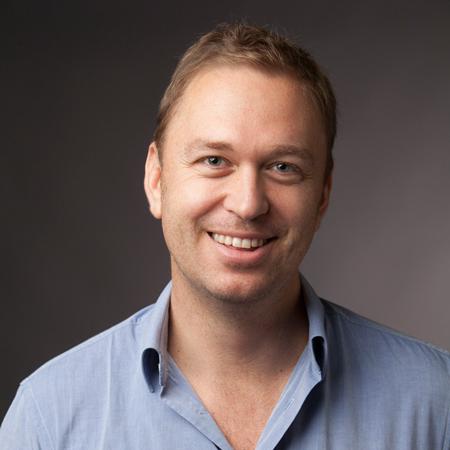
Symposium to examine prisoners' human rights
On Monday, Oct. 5, leading human rights lawyers and prison ethnographers will gather for an international symposium to discuss “Carceral Worlds and Human Rights across the Americas” at the Africana Studies and Research Center, 310 Triphammer Road, from 10 a.m. to noon.

Excited about the pope's visit? Read 'Laudato Si'
In light of Pope Francis’ recent visit to the United States, Vincent Ialenti, a National Science Foundation graduate research fellow and a PhD candidate in the Department of Anthropology, and Annelise Riles, a professor of anthropology, encouraged people in this NPR column to read the letter he wrote to all of us, Laudato Si.
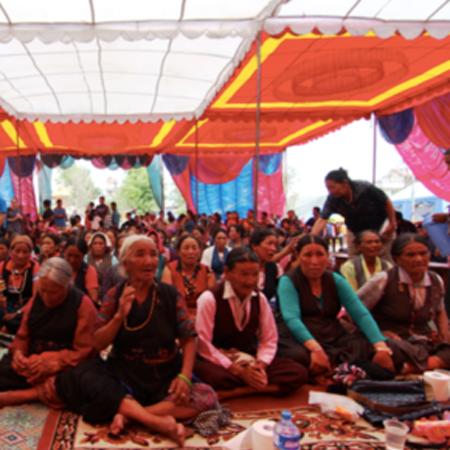
One year after Nepal earthquake, anthropology researchers reflect
This piece by David H. Holmberg and Kathryn S. March, both professors of anthropology, reflects on the Nepali earthquakes and their impact in north central Nepal.
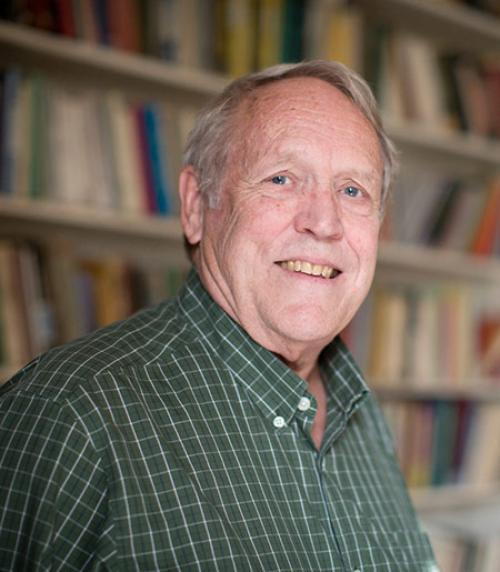
Anthropology professor receives Boyer Prize
Anthropology professor P. Steven Sangren has been awarded the Boyer Prize from the Society for Psychological Anthropology (SPA). The award, which includes a $500 cash prize, will be announced at the AAA’s Annual Meeting in Denver, Colorado, on November 20.
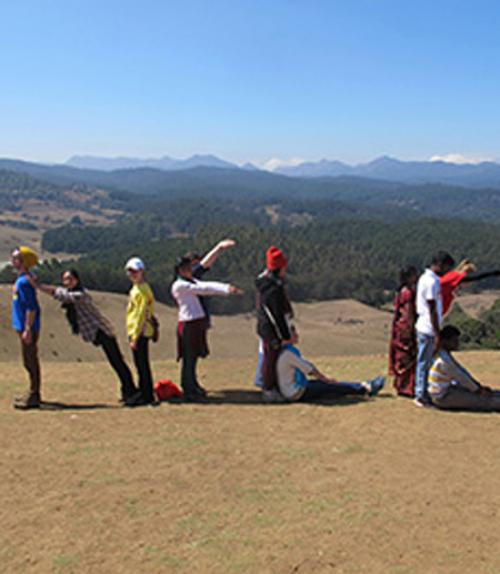
Growing global: Cornell expands opportunities for international experiences
Andrew Willford, associate professor of anthropology, is a faculty member who led a group of seven Cornell students who studied and worked at the Nilgiris Field Learning Center in Tamil Nadu in southern India as part of a brand-new semester abroad program, which includes indigenous communities in the Nilgiri Biosphere Reserve.
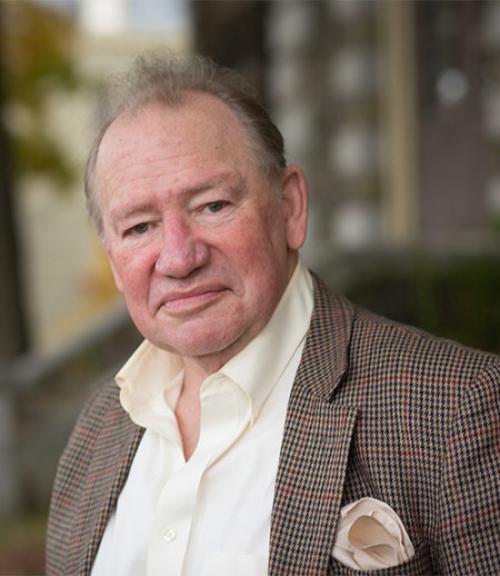
Anthropologist Terence Turner dies at 79
Visiting Professor of Anthropology Terence Sheldon Turner, emeritus professor of anthropology at the University of Chicago, died Nov. 7 at Cayuga Medical Center of a brain hemorrhage. He was 79.

New book explores how objects support political power
From Bronze Age traditions of mortuary ritual and divination to current controversies over flag pins and Predator drones, a new book by anthropology professor Adam Smith sheds light on how material goods authorize and defend political order.

Roundtable weighs Chinese political developments
A panel of professors including Jessica Chen Weiss in government weighed in recently on China's civil rights crackdowns.

Society for the Humanities Celebrates 50th Anniversary
For 50 years, the Society for the Humanities has fostered path-breaking scholarship in the humanities. It has sponsored numerous internal grants, workshops and funding opportunities for Cornell faculty and graduate students in the humanities, as well as hosting over 100 annual lectures, workshops, colloquia and conferences organized by Cornell’s distinguished humanities faculty.
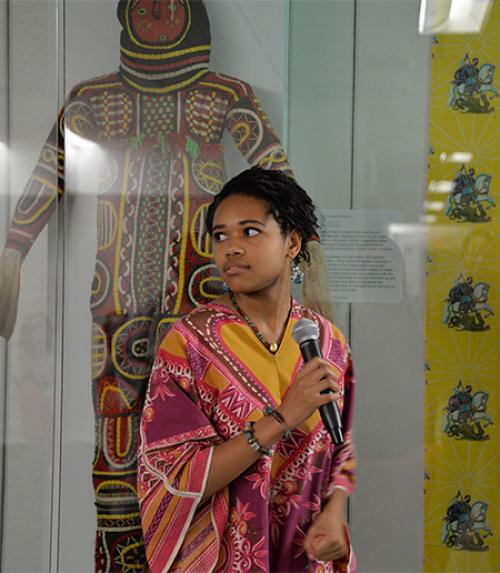
Costume, photo collections inspire first-year seminars
Students used Cornell’s photography and textile collections in creative ways as they developed research, critical thinking and writing skills in a pair of fall first-year writing seminars.

Lucinda Ramberg awarded Michelle Z. Rosaldo Book Prize
Lucinda Ramberg has been awarded the first Michelle Z. Rosaldo Book Prize by the Association for Feminist Anthropology (AFA) for her book Given to the Goddess: South Indian Devadasis and the Sexuality of Religion (Duke University Press).
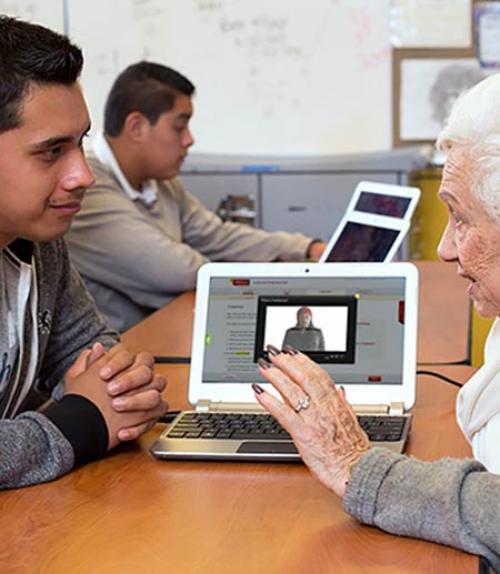
Alumni key to building Shoah archive and bringing access to Cornell
When Douglas Greenberg, M.A. '71, Ph.D. '74, was analyzing 6,000 court cases for his dissertation on crime and law enforcement in 18th-century New York City, computers were not in widespread use. But he realized technology could make his research more efficient.
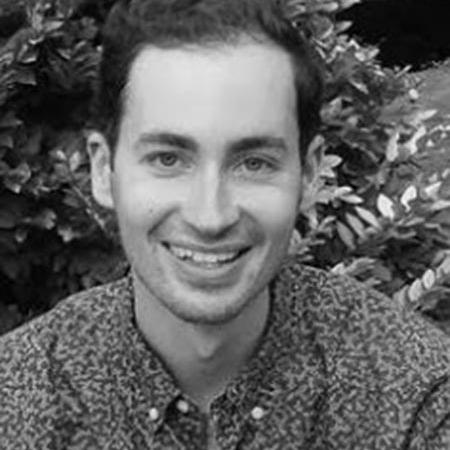
Engaged Cornell graduate grants fund 4 A&S graduate students
Ten Cornell doctoral students will work with community partners in New York state and around the world on individual research projects supported by Engaged Cornell. The first Engaged Graduate Student Grants were announced by Vice Provost Judith Appleton.

